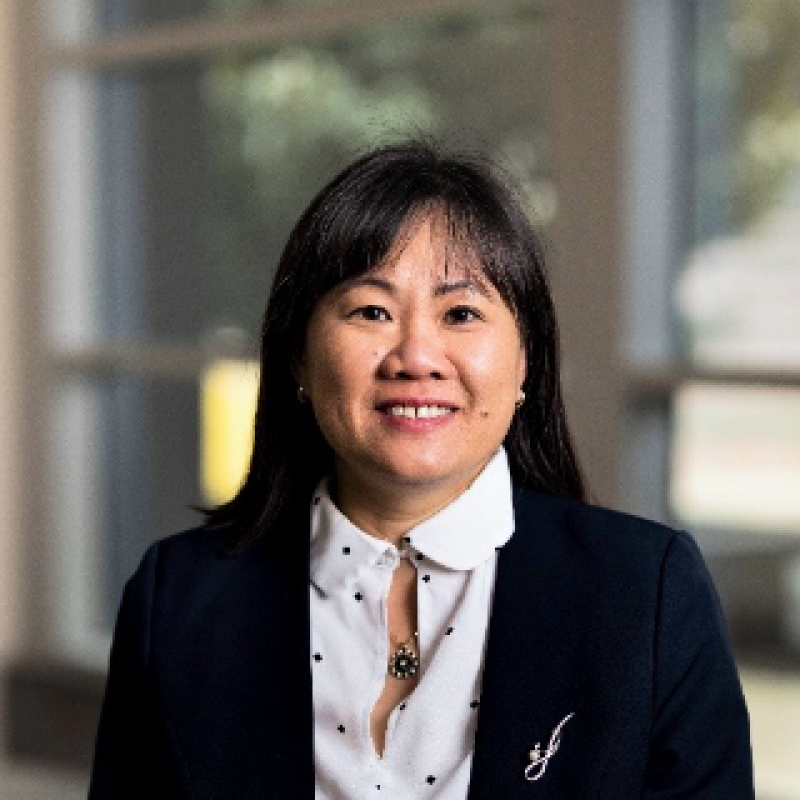Supervisors

- Position
- Lecturer
- Division / Faculty
- Faculty of Health

- Position
- Associate Professor
- Division / Faculty
- Faculty of Health
Overview
A surgical wound is an incision in the skin that is made during a surgical procedure and generally expected to heal within 2 to 4 weeks by primary intention in an orderly manner through the normal wound healing process. However, this process can be disrupted by many factors, leading to complications such as wound dehiscence, non-healing wounds, surgical site infections and sepsis.
Surgical site infections (SSIs) are defined as infections that occur within 30 days following surgery or 90 days in patients receiving implants that affect either the incision or deep tissue at the operation site. 1 On average, there are 11 surgical wounds infected for every 100 surgical wounds2 and these SSIs account for up to 20% of all of healthcare-associated infections. 3 Many factors have been identified to be associated with the development of SSIs and the levels of risk for SSIs can be calculated. Understanding the relationship between potential factors and SSIs and determining patients at risk of SSIs are very important, however, it is essential that care is taken to manage these risks and effectively prevent SSIs from occurring.
Care bundles are a strategy that can be used to reduce the risk of SSIs. The concept of a care bundle is a structured approach to performing serial collective interventions that could lead to an improved patient outcome. While specific interventions may vary between bundles, it is the bundle approach that ensures consistent positive results of surgical procedures, and patient safety. This systematic literature review will assess the effectiveness of care bundles to reduce SSIs among adult patients undergoing surgery.
References:
1. Berríos-Torres SI, Umscheid CA, Bratzler DW, Leas B, Stone EC, Kelz RR, et al. Centers for Disease Control and Prevention Guideline for the Prevention of Surgical Site Infection, 2017. JAMA Surgery. 2017;152(8):784-91.
2. Gillespie BM, Harbeck E, Rattray M, Liang R, Walker R, Latimer S, et al. Worldwide incidence of surgical site infections in general surgical patients: A systematic review and meta-analysis of 488,594 patients. International journal of surgery. 2021;95:106136.
3. López-Cano M, Kraft M, Curell A, Puig-Asensio M, Balibrea J, Armengol-Carrasco M, et al. Use of topical antibiotics before primary incision closure to prevent surgical site infection: A meta-analysis. Surgical Infections. 2019;20(4):261-70.
Research engagement
The student would be involved in conducting a systematic literature review of evidence on effectiveness of care bundles to reduce SSIs among patients undergoing surgery. Research activities include:
- Conducting searches for relevant records
- Screening records against selection criteria
- Extracting and synthesising data
- Write up of results.
- Contributing to and attending the Wound Research Advancement Group meetings and being involved in the larger research group.
Research activities
Research activities include:
- Conducting searches for relevant records
- Screening records against selection criteria
- Extracting and synthesising data
- Write up of results.
- Contributing to and attending the Wound Research Advancement Group meetings and being involved in the larger research group.
Outcomes
Expected outcomes from this project will be care bundles that are proven to be effective in prevention of surgical site infection which may influence the research agenda for the prevention of surgical site infection. The student will deliver a short report and presentation to the wound care group on the outcomes from the project.
Skills and experience
An interest in wound care and/or surgical-related research is beneficial. No specific prior skills or experience is required, but familiarity with various computer programs such as Endnote and Excel would be beneficial.
Start date
4 November, 2024End date
21 February, 2025Location
N block, Kelvin Grove Campus, QUT
Additional information
The student will be provided with a desk and computer and access to resources for searching and reviewing the literature. The student will be based in the same work area with the Wound Research Advancement research team, who will be available each day to guide and assist.
Keywords
Contact
Dr Ut Bui - thiut.bui@qut.edu.au, ph: 3138 3876